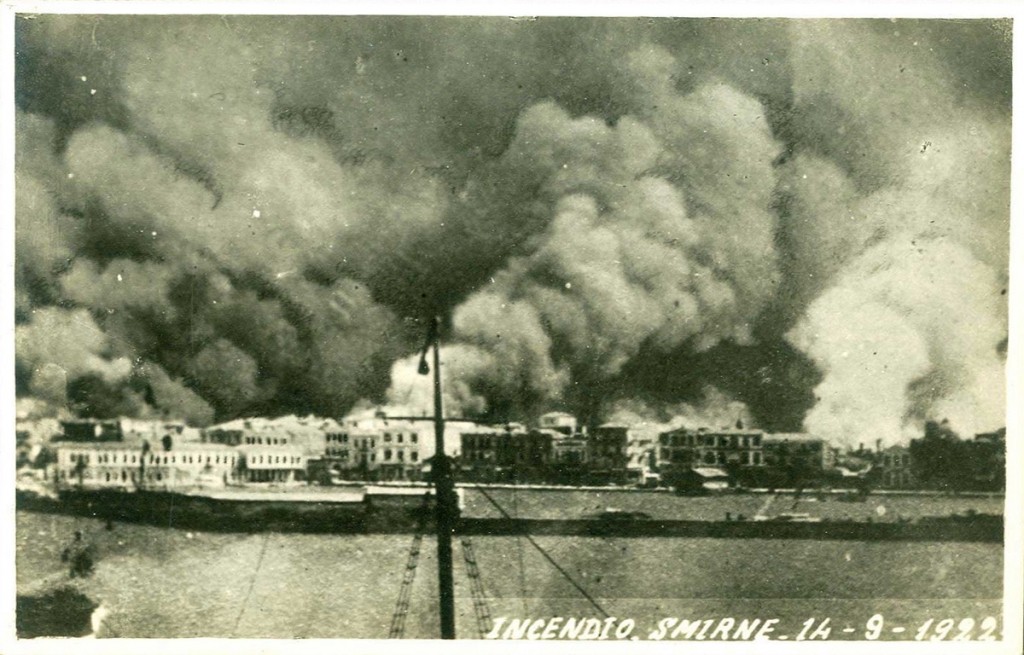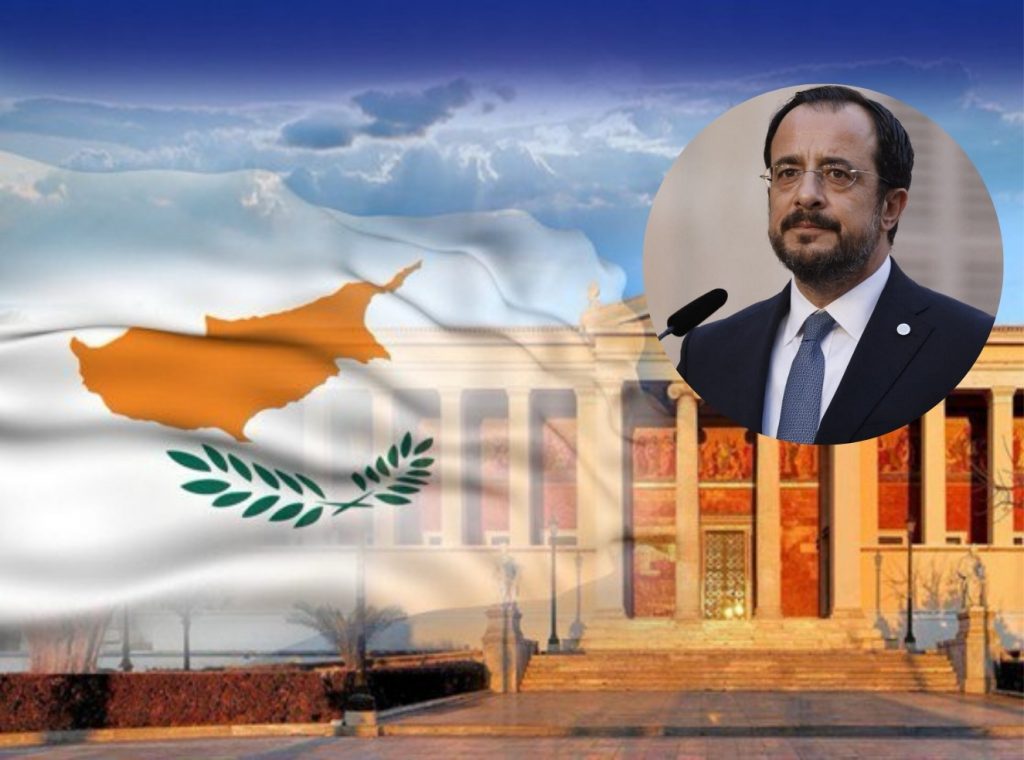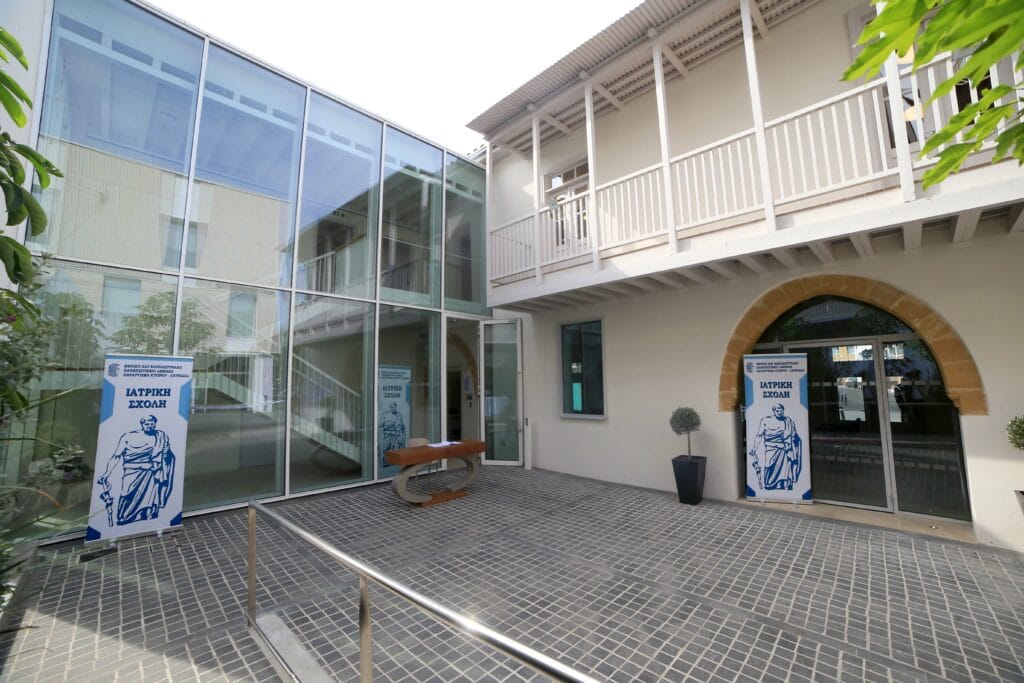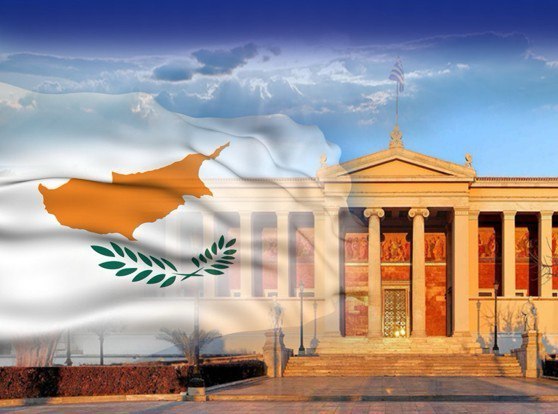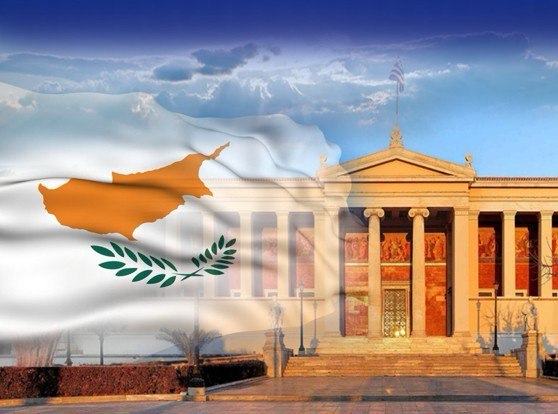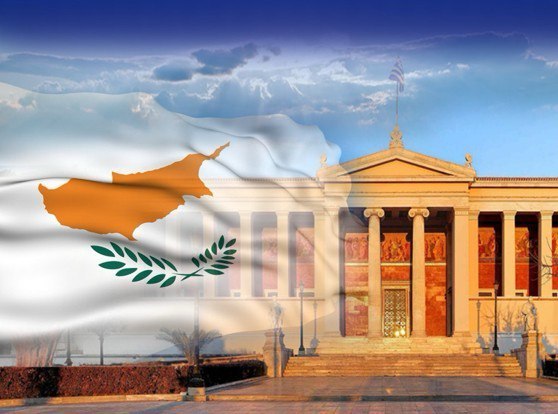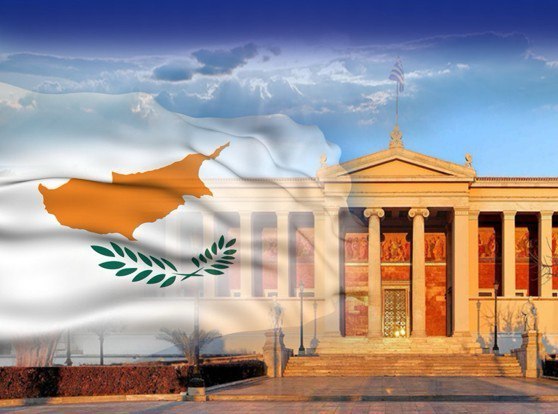The 100th anniversary of the destruction of Smyrna’s cosmopolitan character and of the erasing of the Greek-Orthodox communities from Asia Minor invites us to convene a conference on the significance of this large port-city of the Eastern Aegean.
For that reason the Department of Turkish Studies and Modern Asian Studies of the National and Kapodistrian University of Athens organizes an international conference which will be held in Athens, May 12 -14, 2023.
We especially deem relevant presentations by researchers from both shores of the Aegean who have access to both Greek and Turkish sources and bibliography and have already published in this field.
The end of cosmopolitan Smyrna must be approached within the general frame of the destruction of similar cities in the Eastern Mediterranean and of the modus vivendi of Greek-Orthodox, Armenians, Jews and Levantines who were living there. We invite researchers to address and analyse those dramatic events and their consequences for the concerned populations with sensitivity.
Confirmed researchers, academics, young scholars and PhD candidates are invited to apply to the conference.
Thematic Units
- The modus-vivendi of diverse populations in Smyrna and the urban centers of the Ottoman Empire.
Α. Smyrna as a rich city: economy as the central locus of transactions between the Ottoman hinterland and the West, social and economic transformations.
Β. A diverse population in the Ottoman urban centers: the communities’ organisation, social contacts and behaviours, mutual influences, social changes, endogamy, populations’ mobility, competition, linguae francae.
C. Aspects of Smyrna’s culture: literature in the ethno-religious communities, translations, the press, performing arts, musical production. - The Political Context From the 1850s Until 1922
Α. The Ottoman Reforms and their implementation in Smyrna: the acme of cosmopolitanism in the city, the period 1908-1918 and the Great Powers’ control.
Β. The Young Turks and the change of the political climate in Smyrna: Turkish nationalism in the Ottoman context, Smyrna becoming a border city (1913 -1922).
C. Hellenic presence in Smyrna: the Greek Administration in Ionia between 1919 and 1922, the locals’ perceptions of the Greek Administration, the political role of Aristidis Stergiadis and the other officials from Greece. - The international dimension of Smyrna’s destruction
Α. The reversal of the Hellenic diplomatic situation.
Β. Forms of resistance, the diplomacy of the Kemalist movement in the wider region and the West.
C. The presence of foreign navies in the Gulf of Smyrna in September 1922.
D. Forms of intervention, involvement, or assistance by foreign Powers in September 1922. - Smyrna after Smyrna
Α. What did remain of the cosmopolitan city after the elimination of the non-Muslim population? Architecture, languages, and culture.
Β. Those who remained behind…
C. Memory of the place: Changing visions of the cosmopolitan past of Izmir in everyday life and official discourses.
D. The dynamics of the Turkish national identity.
Ε. Smyrna’s memory still vividly diffusing… Smyrna’s past in the arts, music, politics, architecture in Greece and on the international level.
Presentations shall last 20 minutes.
Languages of presentations: Greek, English and French.
Selected papers from the conference will be published as a collective volume.
Paper Proposals
Interested researchers are invited to send their paper proposals to the e-mail address conf-smysnasymbol@turkmas.uoa.gr before 12 January 2023 as a 200-word-long paragraph in Word-format. The proposal shall include the topic to be addressed and elements of the theoretical frame (5 bibliographical references are a maximum). Applicants will be informed about the selection of paper proposals on 12 February 2023 the latest.
Since we are not able to cover the participants’ travel and accommodation fees researchers are kindly requested to address to their institutions for financial aid.
Deadlines
January 12, 2023: Submission deadline.
February 12, 2023: Notification of acceptance.
May 12-14, 2023: Conference days.
The Organizing Committee
Emilie Themopoulou, PhD, Associate Professor, National and Kapodistrian University of Athens
Efi Kanner, PhD, Associate Professor, National and Kapodistrian University of Athens
Hervé Georgelin, PhD, Assistant Professor, National and Kapodistrian University of Athens.
The Scientific Committee
Hamit Bozarslan, Directeur d’études, École des Hautes Études en Sciences Sociales, Paris.
Angelos Dalachanis, Researcher, Centre National de la Recherche Scientifique (CNRS), France.
Elçin Macar, Professor, Yıldız Technical University, Istanbul.
Arzu Öztürkmen, Professor, Boğaziçi University, Istanbul.
Feryal Tansuğ, Assistant Professor, Bahçeşehir University, Istanbul.
Secretariat
Ioulia Artavani
Georgios Ioannidis
Emmanuel Spanos


